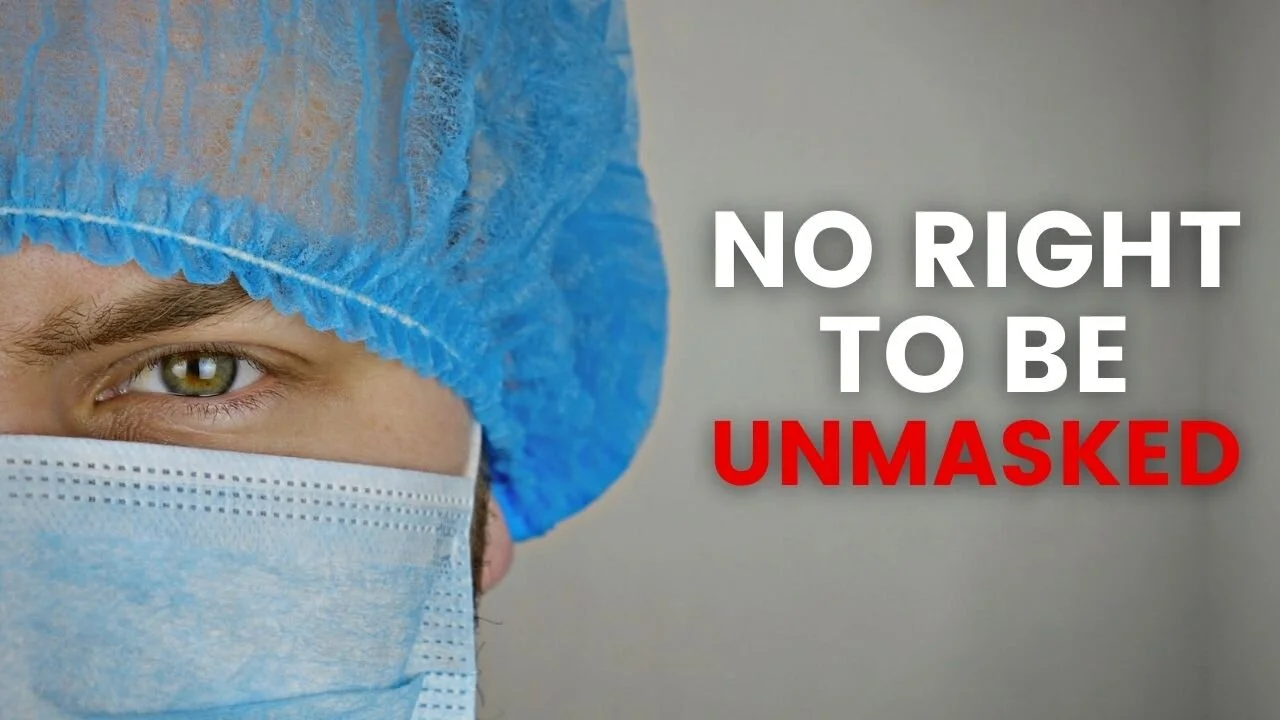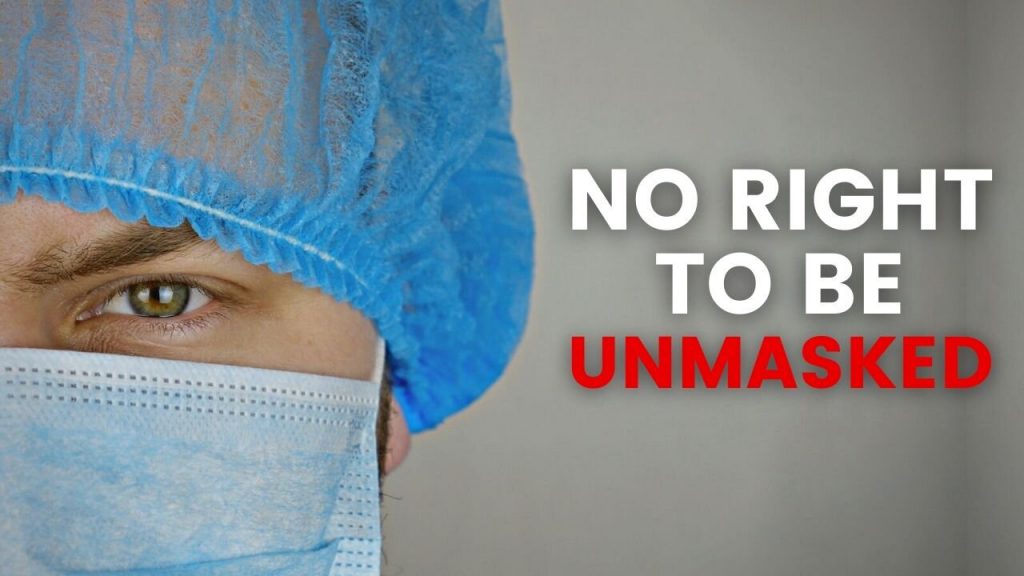
The Alberta Human Rights Commission has ruled against two complainants who say they were discriminated against when attempting to shop while unmasked.
The two incidents occurred in Costco and Peoples Jewellers in late 2020, wherein two men claimed that health conditions prevented them from wearing masks.
In the first incident, Peter Szeles attempted to shop in an Edmonton Cosco barefaced when he was approached by staff and told such a thing was out of the question.
Instead, employees requested that Szeles wear a face shield, which he subsequently rejected. Szeles claims that the face shield would single him out as a disabled person and that he would face stigmatization.
Police were then called following an altercation with staff. After refusing to leave, a video shows Szeles dropping to the floor and being forcibly removed by police, dragging him out with each officer taking an arm and placing him in a police van.
In the second incident, James Beaudin was blocked from even entering the gemstone giant Peoples Jewellers. He, too, said health conditions prevented him from masking up. No altercation ensued, but he was ultimately told to leave and shop from home or request curbside pickup.
On August 16, Chief of the Commission and Tribunals Michael Gottheil ruled in favour of the two large retailers, finding that their mask policies were reasonable to protect public health.
University of Alberta law professor Jessica Eisen says that the commission acted reasonably based on the Alberta Human Rights Act. She added that Gottheil’s decisions are based on the companies acting in good faith given the circumstances.
“They presented lots of evidence to the effect that there was a really good reason for these policies — they were needed to protect their employees and to protect the other customers in the stores,” Eisen said.
She added that human rights laws are a balancing act of sorts and that not all situations allow the same level of freedom.
“I think a lot of people are under the misconception that human rights acts and codes generally protect people’s right to do whatever they want in all circumstances,” Eisen continued. “In fact, human rights laws are designed to protect fundamental interests in a range of circumstances.”
Eisen concluded by saying that the businesses are acting, presumably, on behalf of other customers’ safety and that alternative shopping options were offered shows that the companies did not act on the basis of discrimination.
Since the lockdowns began, the Alberta Human Rights Commission has received over 100 complaints related to mask and vaccine mandates — though it is uncertain whether the complainants will ever be sided with when refusing such mandates.











